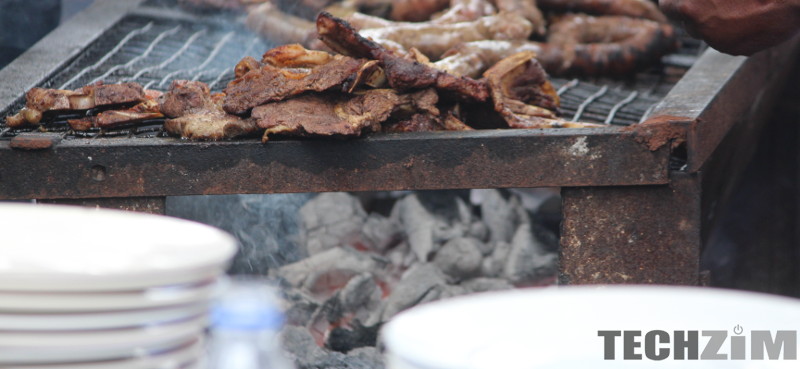Living in a city it is sometimes easy to forget that the majority of Zimbabweans do not have access to electricity. In fact as of 2014, 67.7% of Zimbabweans had no access to electricity. That’s a majority by any measure. The waste management situation is no better too. Even in the cities where there is local government planned waste management, there are still challenges.
In Kenya, faced with similar problems, Nakuru Water and Sanitation Services Company came up with an innovative solution. They take excess human waste (poop) and transform it into a usable fuel source for heating and cooking. Two birds with one stone right there, dealing with human waste safely and providing a clean cooking fuel.
They take loads of human waste and proceed to dry it for 2-3 weeks. The sludge or chunks left are then heated to burn off harmful gases and also to carbonise them, which makes them more flammable. Additional materials like banana stalk fiber are added and the material is heated again. This process removes the foul smell too, the resultant fecal fuel is odourless.
The feces powder is then ground into a fine powder and mixed with molasses and a binding agent and then turned into charcoal-like briquettes. These briquettes are round lumps which look like coal lumps. These briquettes are said to burn better and cleaner than wood based alternatives as they last longer and produce less smoke. They are even said to have a sweet smelling aroma. You wouldn’t know the briquettes were once poop if not told. The briquettes are being sold for US$0.50 per kg.
This solution is ingenious. Access to electricity or not, everyone has to eat and then poop. Human waste is a renewable resource. All the 67% of Zimbabweans without access to electricity eat and poop. With a solution like the fecal briquettes, deforestation would be reduced as wood would be replaced by the briquettes as a cooking fuel. The briquettes provide heat and some Kenyan poultry farmers have been using them to keep their chicks warm.
Tell us what you think about this solution. I think we can assume there would be resistance at first but eventually usage would increase, just as it happened in Kenya. Would you use the briquettes?

4 comments
Interesting innovation. It would make a big difference and save people a good amount of money as well
Resistance will be there indeed, at just the mere thought that this is human waste,… but eventually when the market gets used to this noble idea and derive benefits from this source of fuel,.. it will work, honestly i do not know if i would use the briquettes.
I think biogas is simple and easy to produce as people in Rural areas have cows biogas is more popular in India and China the only cost involved is building the digester
Good idea in terms of energy alternative, but hey, at the factory where they produce these things , I think it will be smelly indeed!